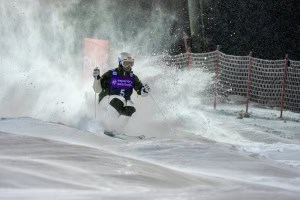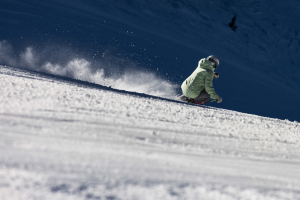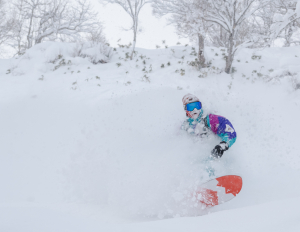Australian Snow Industry Hit Hard By Covid Restrictions – Calls For Government Assistance
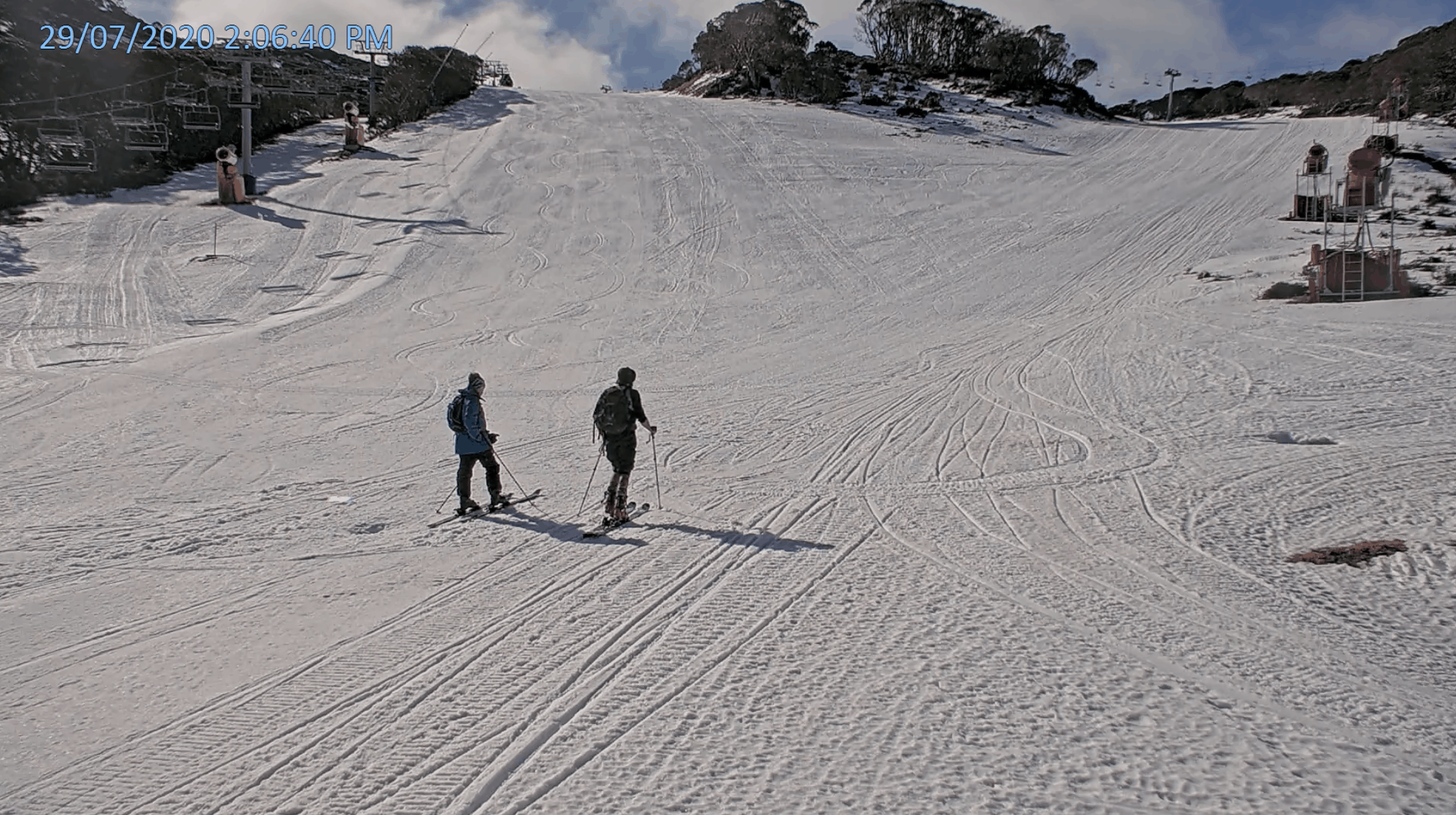
Mountainwatch | Reggae Elliss
The Snowsports Industry of Australia (SIA) released a statement yesterday calling for assistance for the Australian snow industry as it continues to take multiple hits from the Covid19 pandemic.
Prior to the winter the industry was very nervous about the 2020 season and whether it would even go ahead, which was dependent on the government lifting the restrictions imposed in the early lockdowns. Wholesalers were mindful a number of retailers in the alpine regions had already suffered a loss of trade due to the bushfires and were concerned they’d be delivering stock to retailers who would not be able to pay their bills.
For many wholesalers that decision was taken out of their hands when retailers cancelled indents in March and April. One distributor told me they had 100% of their orders cancelled, retailers telling him they would order stock once there was more clarity about the season going ahead and top up when necessary.
Other distributors chose to cancel or reduce their own orders and not import some products this year. The result is that new models of some of the biggest ski and snowboard brands are not available in Australia this winter including K2, Atomic, Salomon and Ride.
When the resorts finally got the go ahead from the Victorian and NSW governments that they could open in late June, the snow industry and Alpine communities breathed a sigh of relief. However, with the restricted numbers agreed to with the governments under the Australian Ski Areas Covid Safe plan the consensus was that winter trade would be down by at least 50% to 60%.
The lack of snow in June and early July added to the problems, Falls and Hotham delaying their opening until July 6, while Buller and the NSW resorts had limited terrain open in school holidays. For many retailers located in the mountains the lack of snow and reduced foot traffic in school holidays made a 50% drop in turnover seem optimistic.
Then the second wave started in Melbourne, the city went into stage 3 lock down for six weeks, the NSW/Victorian border closed and, just four days after opening, lift and mountain operations were suspended in Falls Creek and Hotham at least until August 19. However, many independent businesses remain open in both resorts which are still open for visitors from regional Victoria.
So is Mt Buller, which is still operating lifts seven days per week and Mt Baw Baw, which is operating lifts on weekends, but the lack of visitors from Melbourne has placed more pressure on an already fragile regional economy. It is close to the worst-case scenario and has been a massive setback for the local businesses and communities in Victoria’s resorts and alpine regions and also for Melbourne snow retailers. In the SIA statement Neil Richie, the owner of Auski in Melbourne’s CBD, says he expects to be 90% down this July, which is usually his biggest month.
In NSW Thredbo, Perisher and Charlotte Pass are currently operating under the 50% capacity outlined in the agreement with the NSW government and while the visitor numbers are significantly down in Jindabyne and Thredbo they have been consistent. If we finally get some decent snow in August, a 50% downturn for Snowy Mountain businesses may be achievable. Of course, that would all change if Sydney had to go into lockdown – God forbid.
The SIA’s statement quotes an economic study that values the snow industry’s contribution to the Australian economy at over $2Billion annually and over $1billion to Victoria.
They are big numbers and justify government assistance on an economic basis. However, the emotional cost to business owners, their families and the regional communities is impossible to quantify, but it will be felt for a very long time.
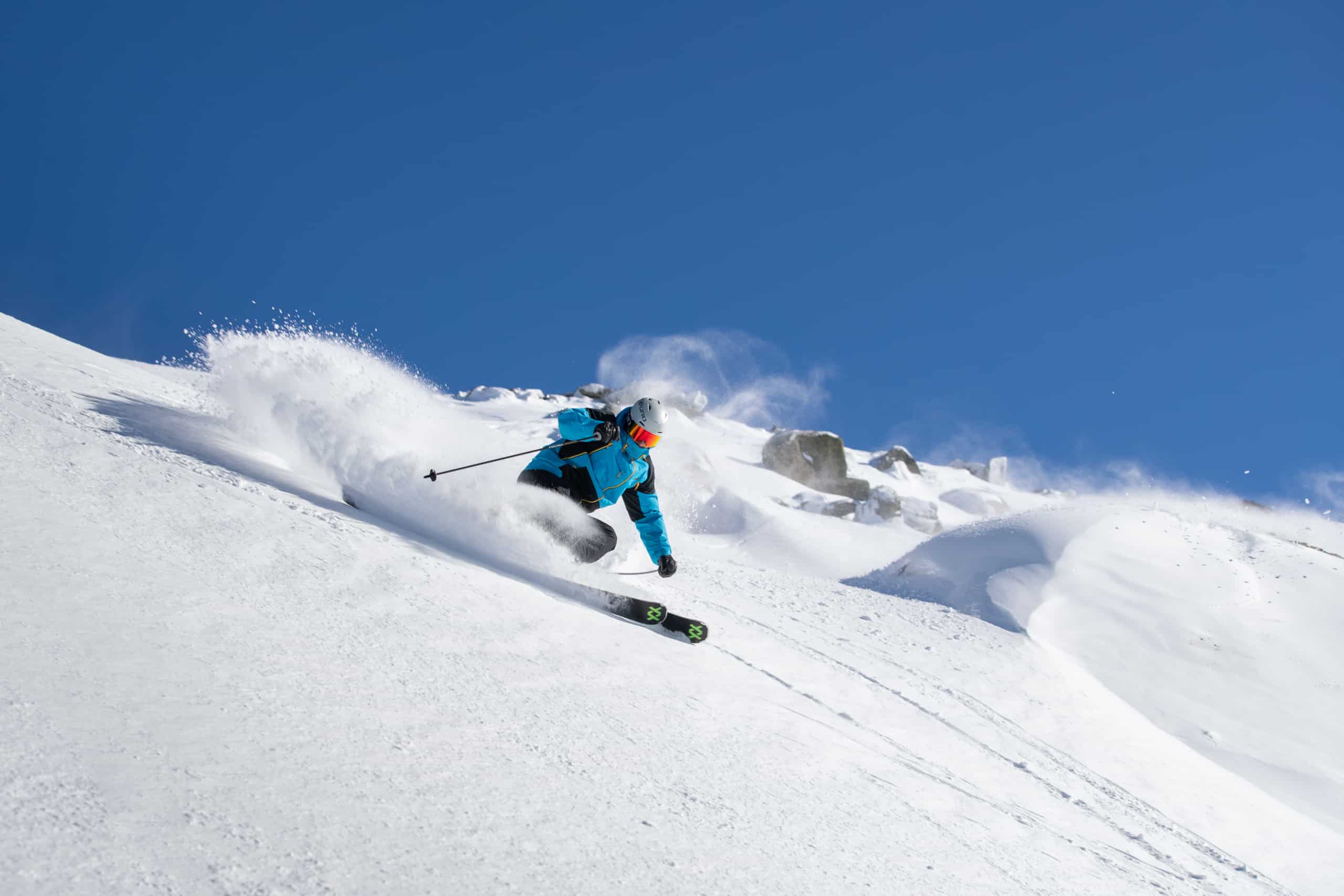
The SIA statement is below:
AUSTRALIA’S $2bn SNOW INDUSTRY AND MOUNTAIN TOWNS IN MELT-DOWN
July 28, 2020, MEDIA STATEMENT FOR IMMEDIATE RELEASE
With Melbourne in lockdown, ski lifts closed at two of the major Victorian resorts and others in NSW and Victoria running on restricted numbers due to COVID-19, the snow industry is in crisis.
“It desperately needs assistance,” says Snowsports Industries of Australia president Edward Fortey. “The retailers, ski hires, bars, restaurants, lodges and other businesses employ mainly seasonal and local workers. Few if any of them are qualifying for JobKeeper or other assistance. Many businesses have zero turnover.”
The snow industry contributes well over $2 billion annually to the national economy and is one of the biggest employers in regional Australia, accounting for the equivalent of more than 20,000 full- time jobs. Summer visitation in Victoria alone adds a further $146 million to that state.
“Most of these are small businesses and many of them family-owned,” Fortey said. “In the regions, bushfires this year decimated the summer business in NSW and Victoria, leaving operators waiting for winter to make up ground. But that isn’t how it’s turning out.”
Selwyn Snowfields, on the western side of the NSW Snowy Mountains, was so impacted by bushfire it can’t open at all this winter, meaning no snow business in towns like Tumut and Adaminaby. Victoria’s government-operated Lake Mountain, hugely popular with cross-country skiers and snow players, is shut, meaning no snow visitors in towns like Marysville and Narbethong.
Simon Paton has had the Bogong Ski Centre in Tawonga South, near Falls Creek, for 45 years and even in the worst snow year, would not have had one as bad as this. The ski hire has gone from a six- figure turnover to basically nothing.
His partner, Liz Paton, runs Treats Cafe at the same location and is about 80 per cent down on revenue. “We basically got one week of business post-Christmas and then the bushfires shut us down,” she said.
“It’s my 21st year in the cafe; winter gets you back on track again, but not this year.” They have staff that have been with them for as many as 30 years, but because they are seasonal and casual, none qualified for JobKeeper.
Auski is the biggest snow retailer in Melbourne’s CBD and July is usually their busiest month. Neil Ritchie, Auski’s owner, expects to be 90 per cent down this July.
Nevertheless, he welcomes the federal government’s most recent JobKeeper announcements as it will give him some potential to retain his most important asset – his staff.
“We have 20 to 25 people full-time and our primary focus is to retain our key staff. Without them, we have no-one for training and buying and so on.”
Rent is another challenge. “I think landlords need to be more understanding,” he says. “In the city, our rent is high, but we want to be a good tenant over the long term.”
He commends government for establishing the tribunal to help deal with Auski’s landlord if it comes to that.
Australians travelling north in our summer account for about 30 per cent of annual turnover but he expects that to fall to zero this year. “Really, we’re just waiting for May 2021.”
Dave Minelle owns Snowbiz, a Queensland snow retailer with outlets in Brisbane and the Gold Coast.
“The outlook isn’t good,” he said, “our next six to 12 months are not looking great. Even with JobKeeper and rental assistance we might not survive.”
Skiers and snowboarders heading to the northern hemisphere, Japan and to a lesser extent Canada, account for 65 per cent of his business and that looks like falling to nothing this year.
Most of his remaining business comes from Queenslanders travelling to New Zealand’s snowfields and that’s also out for the time being.
Key staff are crucial, he typically employs 16 people and “they’re career snow people, they know their stuff and some of it is really technical, boot-fitting and so on. They have that knowledge and technical ability.
“Who knows what the future holds.”
With school trips cancelled, resorts closed and overseas travel unlikely for the coming northern hemisphere winter, one suburban snow retailer expected to be 70 per cent down on turnover in 2020-21 but thought that “might be optimistic”.
“We need long-term rental assistance, or we will rapidly become non-viable,” he said. “Part of our rent needs to be waived by our landlords or the government needs to offer financial assistance by paying part of our rent.
“We are a seasonal business; we need the peaks to guide us through the troughs and this will not happen this financial year.”
Further information and comment: SIA president Edward Fortey 0418 575 246
* SIA (siaaustralia.com.au) is the peak body for the Australian snowsports equipment industry, representing wholesalers,
* The figures and job numbers are extrapolated from an Ernst & Young Victorian Alpine Resorts Economic Contribution Study which is updated annually. They estimate the winter contribution to Victorian state product at $1.06 billion for 2019. Separate studies have shown the New South Wales snow industry to have almost double the economic activity of Victoria’s.

